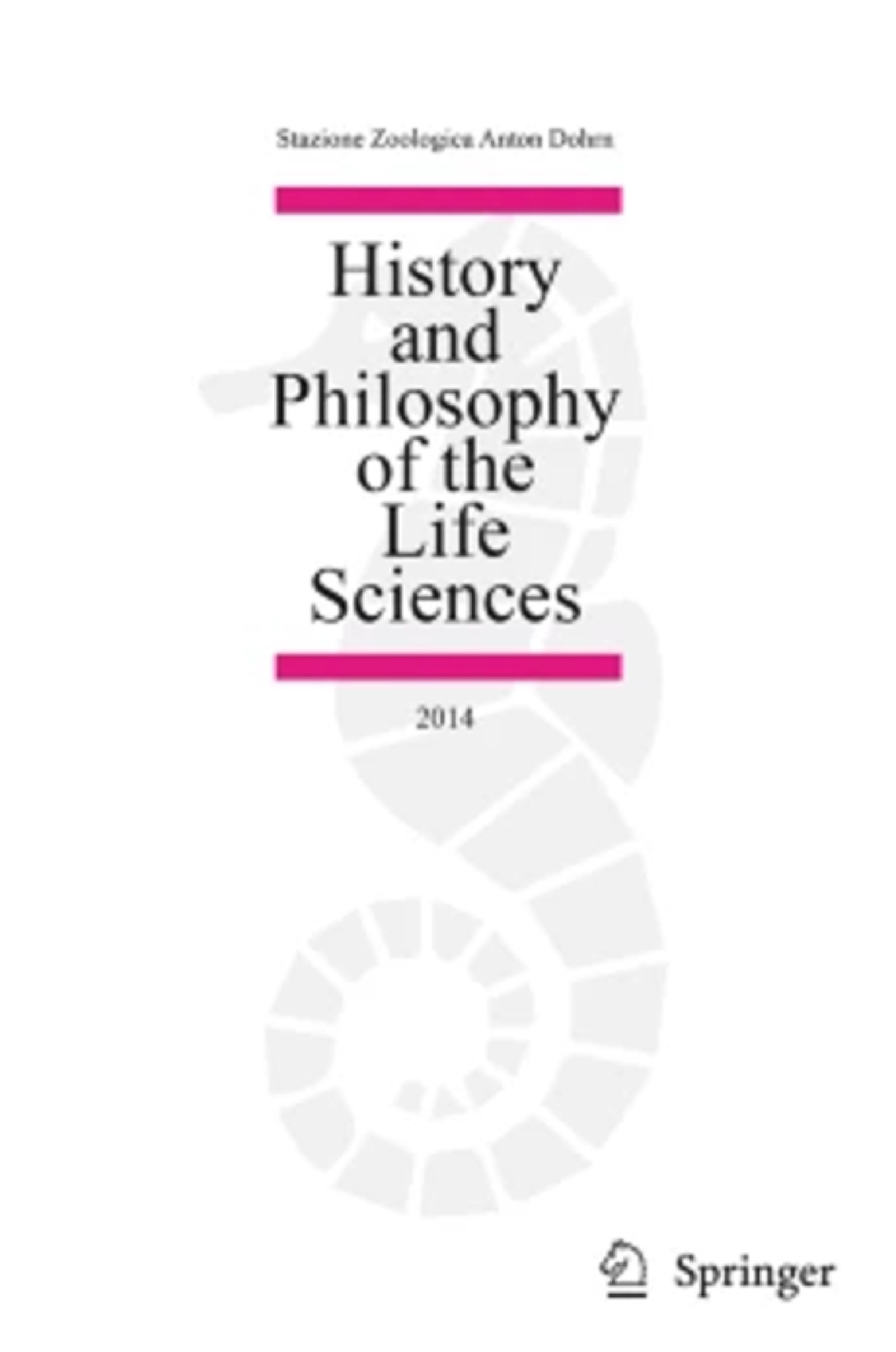In their scholarly article “Metaphors We Lie By: Our ‘War’ Against COVID-19,” Italian scholars Margherita Benzi and Marco Novarese analyze the social consequences of employing war metaphors in public communication during the COVID-19 pandemic. Drawing on a multidisciplinary literature review—including philosophy, sociology, critical studies, and health communication—they explore whether framing the pandemic as a “war” fosters passive acceptance of restrictions on civil rights. Benzi and Novarese emphasize the cognitive function of metaphors in linking unfamiliar phenomena to familiar narratives, shaping public perception, reasoning, and behavior. They illustrate how the pervasive use of war metaphors, evident in expressions like “war on drugs” or “fight on cancer,” influences attitudes toward disease management and public health measures.
This metaphorical framing, while mobilizing preventive behavior and conveying urgency, carries significant risks. It can polarize public discourse by creating binary categories of winners and losers, and it may legitimize civil liberty restrictions under the guise of civic duty and sacrifice. Benzi and Novarese highlight the complex and ambivalent effects of war metaphors on health communication, cautioning against simplistic judgments given the limited and mixed empirical evidence. Their analysis underscores the critical role of language and narrative structures in shaping societal responses to global crises, revealing how metaphorical storytelling can both enable and constrain public understanding and policy compliance during emergencies.

Citation: Benzi, Margherita, and Marco Novarese. “Metaphors We Lie By: Our ‘War’ Against COVID-19.” History and Philosophy of the Life Sciences, vol. 44, no. 2, 12 May 2022, doi.org/10.1007/s40656-022-00501-2. NON-FICTION, SCHOLARLY | ITALY. sm/jb/ig
Source Type: Scholarship on Pandemic Studies
Country: Italy
Date: 01-May-2021
Keywords: Civic Duty, Italy, Public Communication During COVID-19, and War as Metaphor